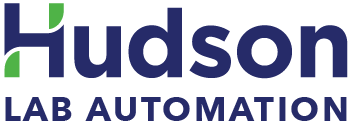Developments in Laboratory Robotics and Automation
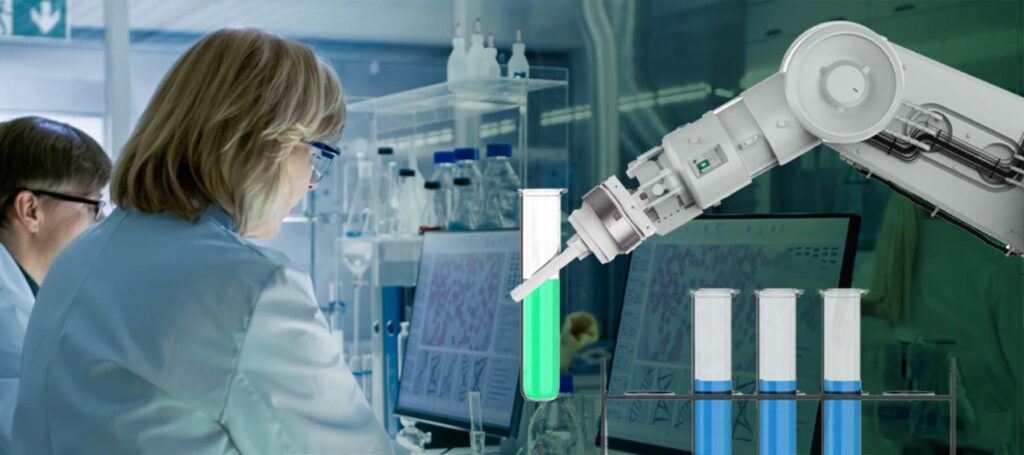
Synthetic Biology Definition As natural discoverers and problem-solvers, scientists habitually industrialize methods to investigate their queries and maximize lab productivity. This occurrence is especially noticeable
Synthetic Biology Applications: Medical, Industrial, and More
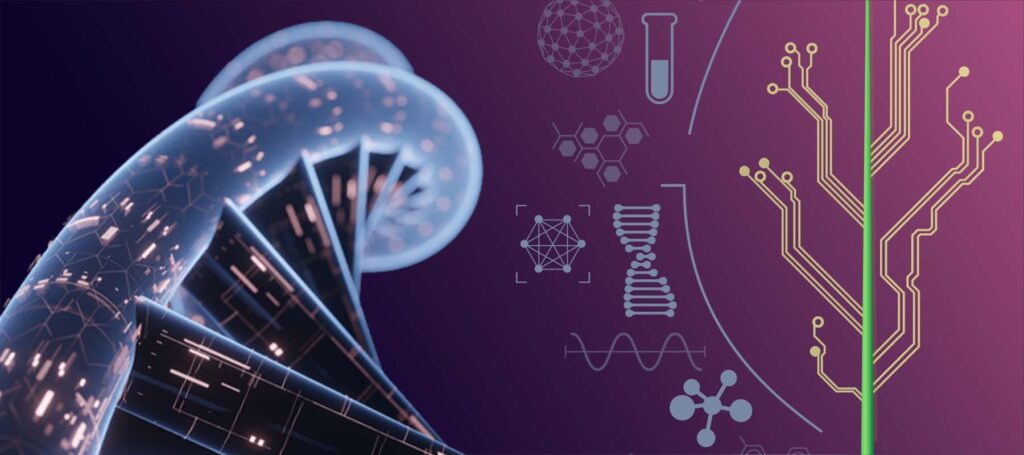
Synthetic biology is most commonly associated with the medical industry, but there are also synthetic biology applications in agriculture, industrial technology, food, and environmental protection.
Uses and Benefits of a Fluorescence Microplate Reader
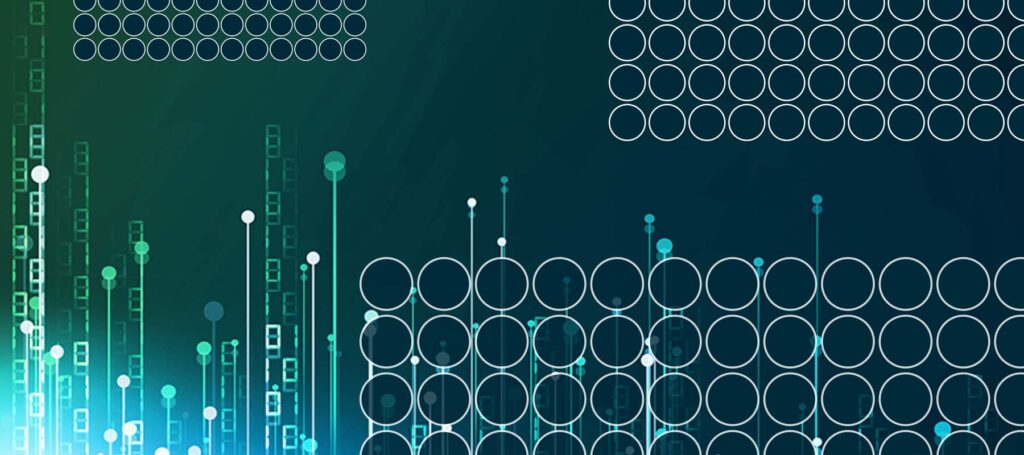
Fluorescence has been documented at various points in history. In fact, Pliny described rubbed jellyfish slime as a type of torch way back in 79
Choosing The Right Electronic pH Meter For The Lab
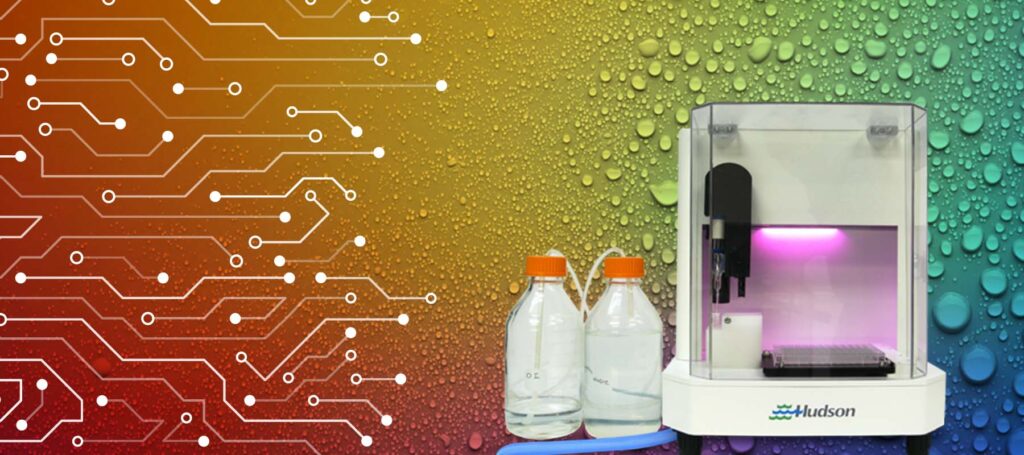
pH is a reference to how “acidic” or “alkaline” an aqueous (or water-soluble) solution is. SLP Sørensen is credited with creating the first pH scale
What Products Are The Result of Synthetic Biology?
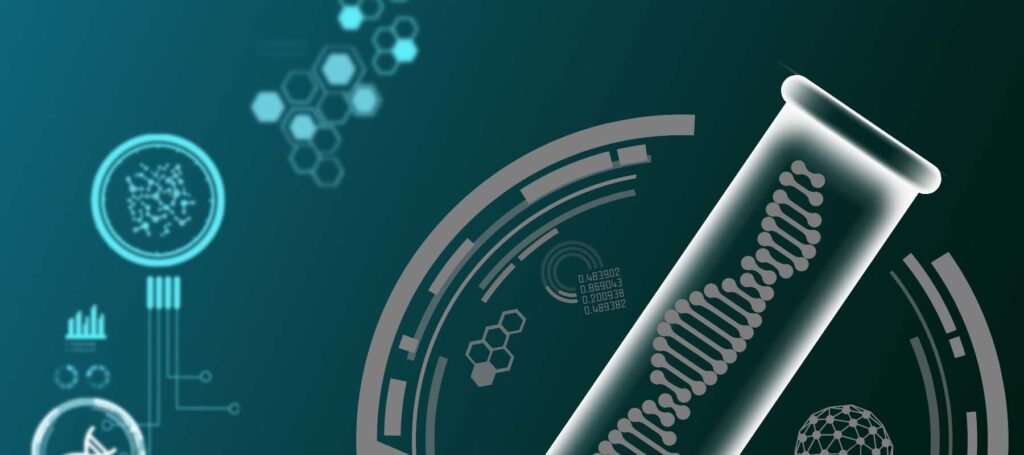
Synthetic biology products might seem futuristic, but many are already commercially available. Due to increased laboratory automation, advances in bioinformatics and data storage, and DNA
What a Fully-Automated ELISA Reader Can Do
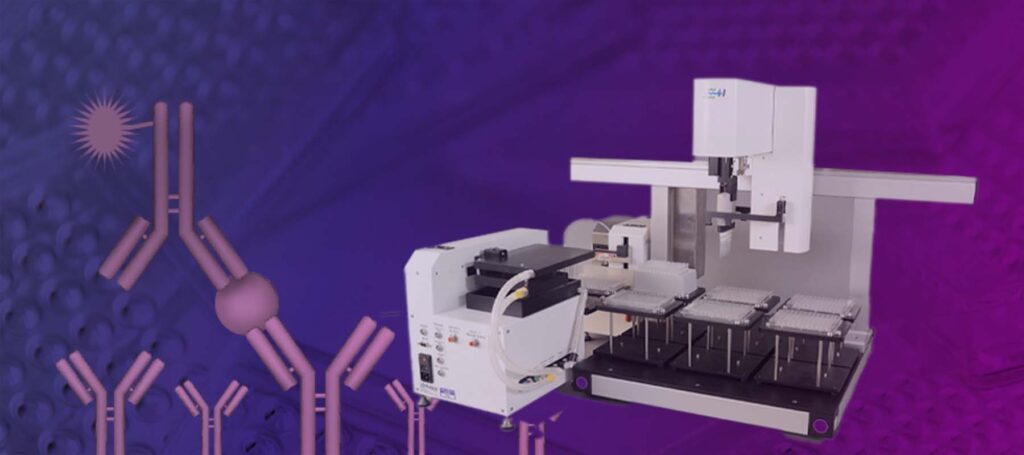
An ELISA (Enzyme-Linked ImmunoSorbent Assay) is a method used to determine protein concentrations in samples. Developed in 1971, it offered an alternative to radioimmunoassays, thus
Laboratory Scheduling Software: Capabilities And Downsides
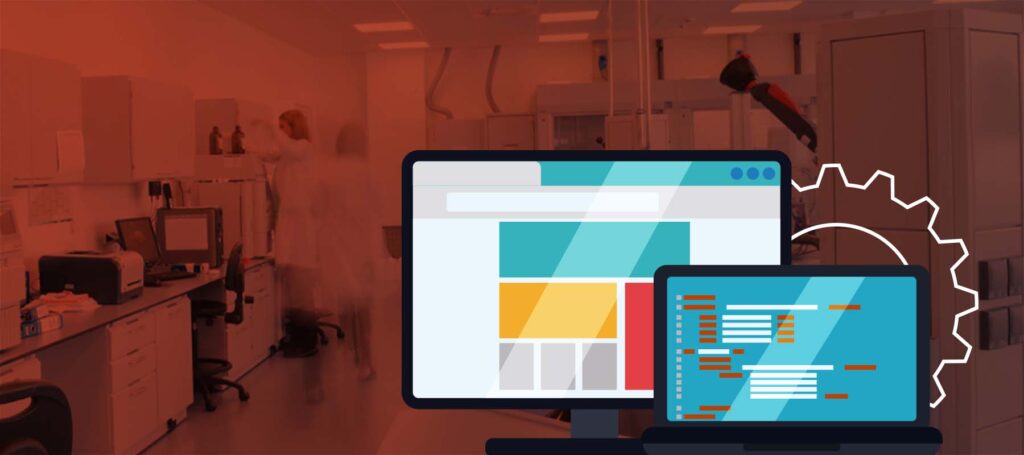
From bulb pipetting to handheld pipettes to electronic pipettors, laboratories worldwide are modernizing through the addition of complex machinery and robotic assistance. This growing trend
Serial Dilutions In Microbiology 101
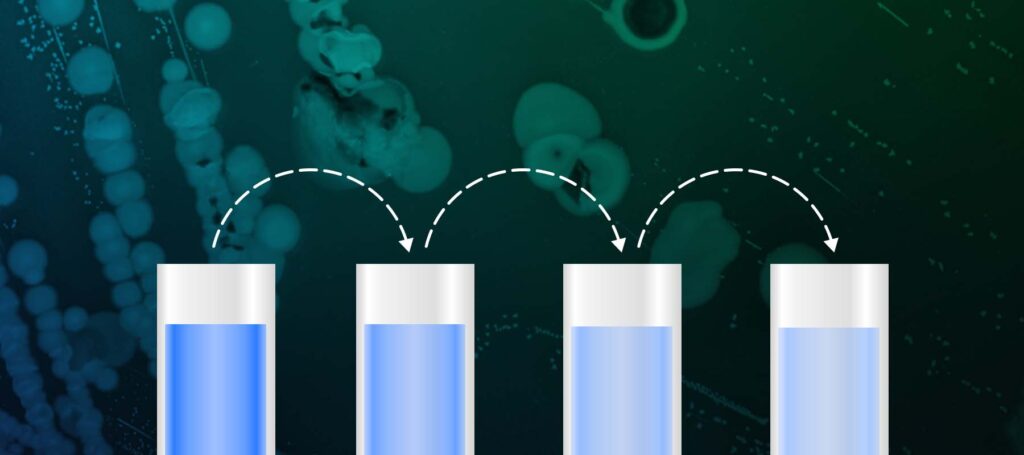
You are probably familiar with some microbes like bacteria and viruses, but the category includes protists and fungi. Scientists incubate these microbes in the lab,
The Best Benchtop pH Meter: How to Choose The Right One For You
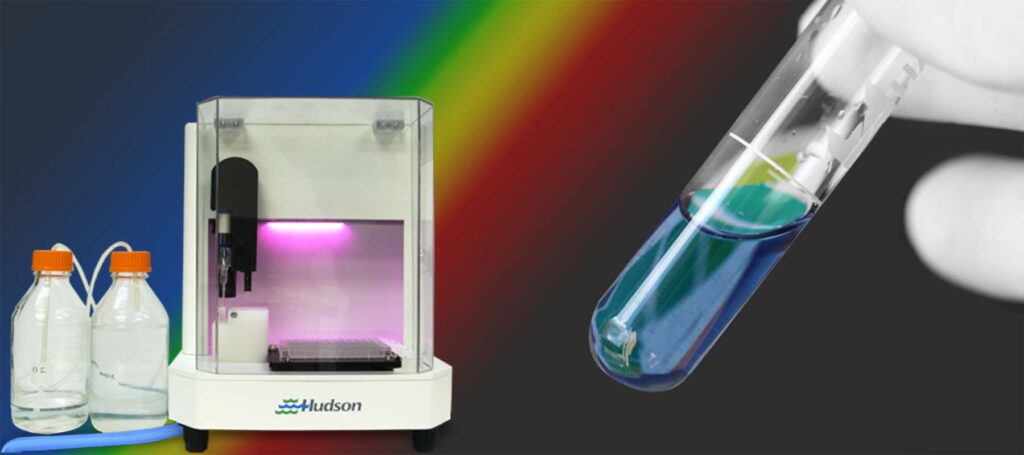
pH is a measurable parameter with implications in biology, chemistry, agriculture, and food science. In fact, pH initiates the color change in hydrangeas, where lower
Using Software To Improve PCR
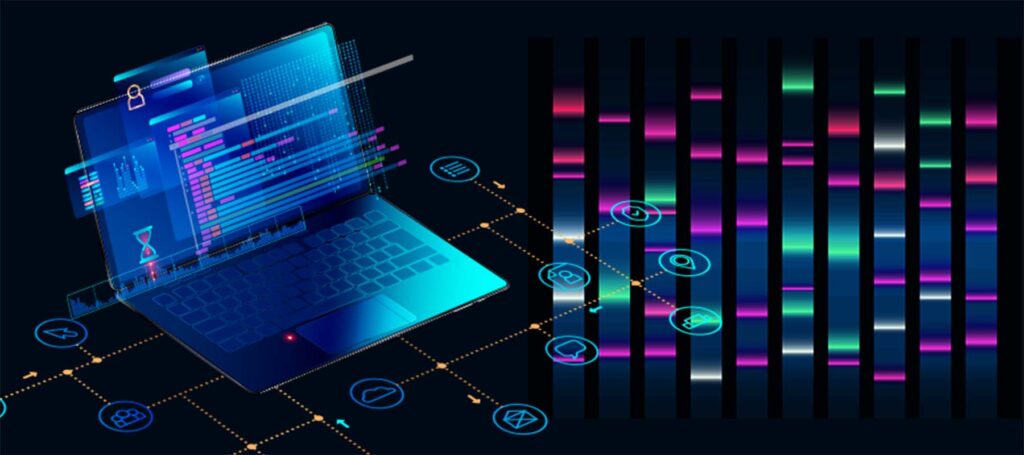
PCR is a popular lab technique with genomics, medicine, forensic science, and environmental biology applications. In 1993, the scientist who developed PCR, Kary Mullins, was
